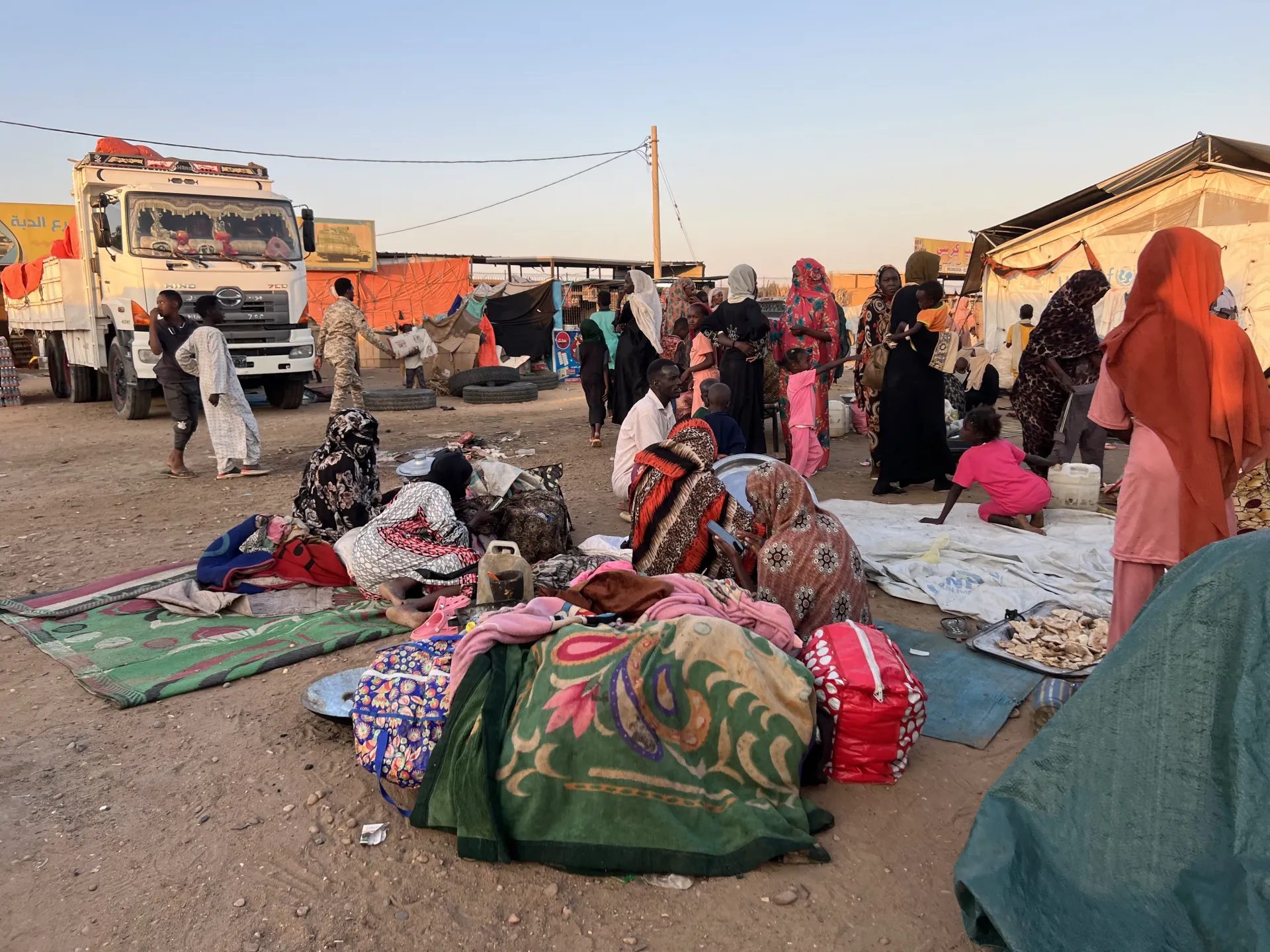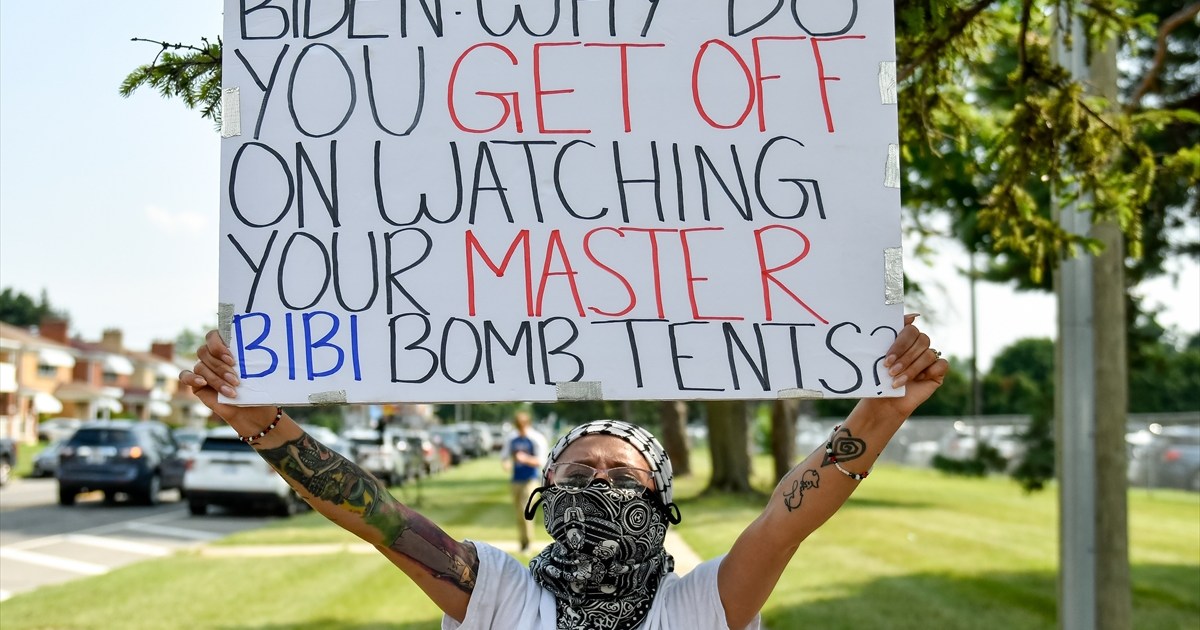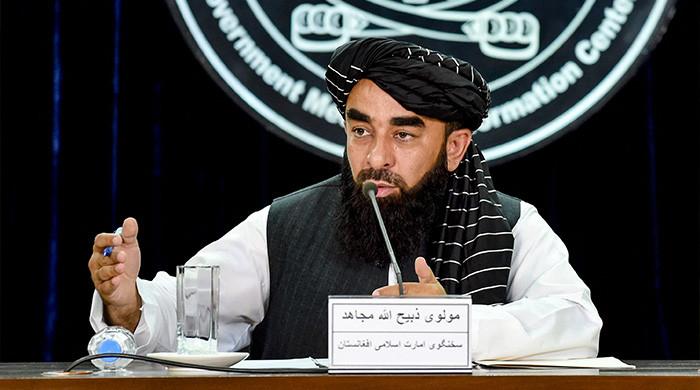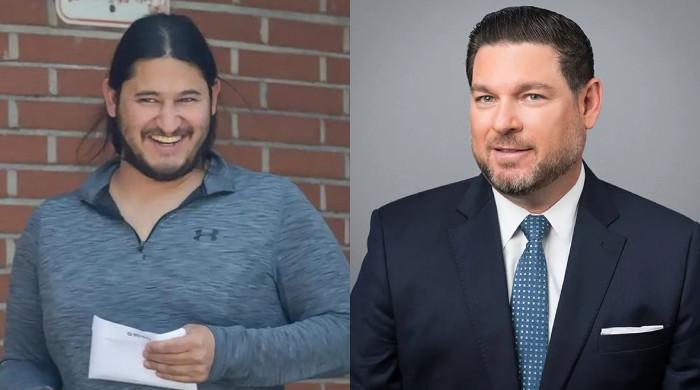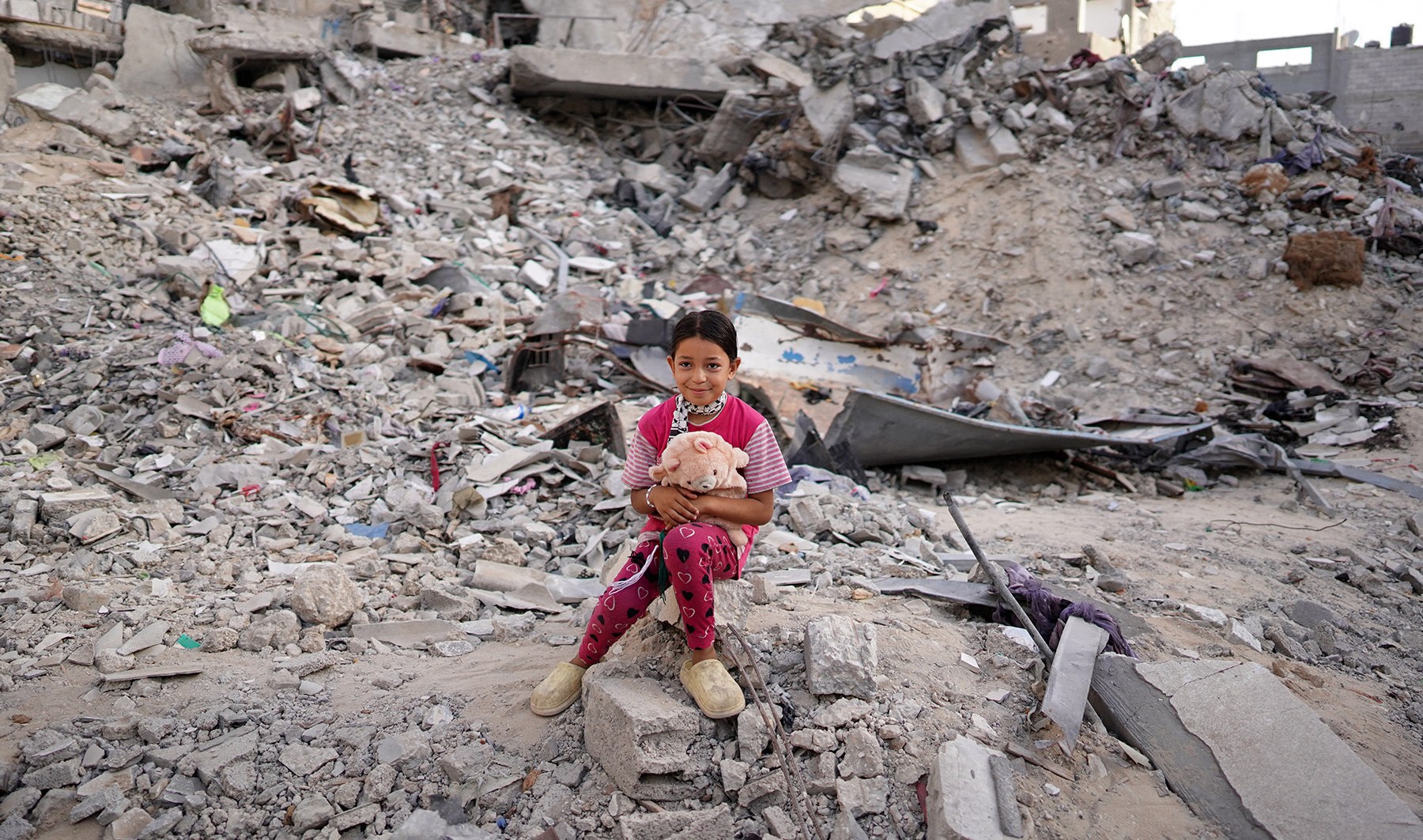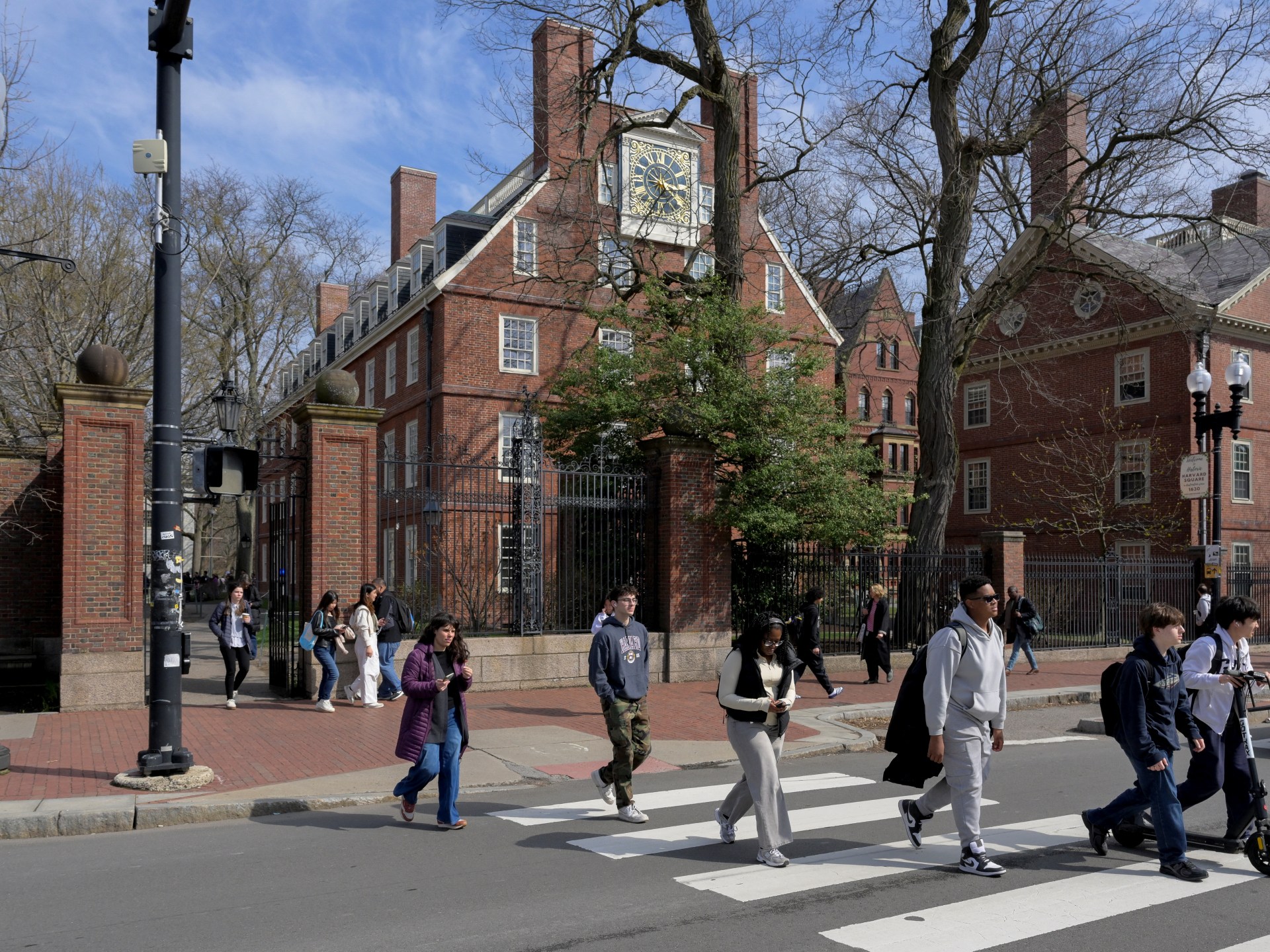Streets full of corpses, families separated by violence and survivors who travel for days without food or water. These are the stories emerging from people who have fled the western Sudanese town of el-Fasher after it fell to paramilitary forces a week ago following a suffocating 18-month siege.
Fatima Yahya has arrived in Tawila, a town west of el-Fasher, in the Sudanese state of North Darfur, controlled by a neutral force in the conflict. She was still traumatized from the three days she starved before finally escaping. Her husband and uncle are missing. It was difficult for him to put into words his memories of what had happened in El-Fasher.
Recommended stories
list of 3 itemsend of list
“The bodies were everywhere: on the streets, inside the houses and on the doors of many houses,” Yahya told Al Jazeera. “Wherever you are in El Fasher, you will see corpses scattered.”
His testimony is one of several accounts from people who fled the capital of North Darfur after the Rapid Support Forces (RSF), a paramilitary group fighting against Sudan's regular army, captured the city on October 26. The RSF takeover gave the group control of the last major city in Darfur that had been held by the Sudanese armed forces (SAF), consolidating its control across the vast western region.
Since the fall of el-Fasher, a city that was home to more than a million people before the war, reports of mass executions, sexual violence and widespread looting have increased.
Satellite images analyzed by Yale University's Humanitarian Research Laboratory have identified at least 31 locations where objects consistent with human bodies have appeared since the city's capture, accompanied by what researchers describe as a reddish discoloration of the ground.
Families separated in chaos
For those who fled, injuries sustained in the initial fighting made their journey even more grueling. Farhat Said left El-Fasher with her daughter even though they both suffered injuries from artillery fire before the RSF's final assault on the city. Her husband, who had suffered a serious hip fracture as a result of the bombing, she said, had to stay behind.
“We had to stay for six or seven months under siege and shelling,” he told Al Jazeera. “It was difficult to move him,” he added.
“When the fighting was too intense and the shelling was unbearable, my son, who is 11 years old, asked me to run away from home to save our lives,” he said. His son stayed with his father; the couple feared that, although he was a child, as a boy it would be too dangerous for him to cross RSF lines.
The two-day journey on foot, which would have been impossible for Said's husband, involved “walking and even running under the intense bombardment of El Fasher” and took them through RSF checkpoints. The mother and daughter arrived in Tawila, approximately 65 kilometers (40 miles) west of el-Fasher, without money or possessions. His daughter still needs medical treatment for her injuries, Said told Al Jazeera.
Khadiga Abdalla, 46, experienced a similar trauma. She lost her husband in the RSF bombing a year ago and was injured herself. The conditions of the siege had forced residents to survive on whatever they could find.
“We didn't get our usual food, sorghum, for six months,” he told Al Jazeera. Abdalla said she was forced to eat ambaz, a residue left over from pressed oilseeds normally used as livestock feed, because no other foods were available in el-Fasher.
After three days on the road without food, Abdalla arrived in Tawila with his two children. One of them was immediately admitted to the hospital, suffering serious psychological trauma after witnessing the violence. His brother's children are still missing, while an uncle died in the bombing.
These accounts align with broader evidence of systematic violence. The World Health Organization (WHO) confirmed that at least 460 patients were killed in RSF attacks on the Saudi maternity hospital in el-Fasher. Health workers were also kidnapped during the initial assault, according to WHO spokesman Christian Lindmeier.
Those who reach a safe place face serious health problems. Doctors Without Borders medical teams working in Tawila examined the arriving children and said malnutrition affected all those under five years of age.
Survivors carry physical evidence of their ordeal, including torture and gunshot wounds from their leaks and digestive problems caused by months of eating food intended for livestock.
Far fewer arrivals than expected
The International Organization for Migration estimated that more than 70,000 people have been displaced from El-Fasher and its surrounding areas since October 26. However, aid workers in Tawila, which already hosts more than 652,000 displaced people, reported that arrivals there have been much smaller than El-Fasher's population would suggest.
The Yale Humanitarian Research Laboratory noted that unlike previous RSF takeovers in Darfur, such as the assault on the Zamzam displaced persons camp in April, there were no visible signs of a mass exodus from El-Fasher in the recent images.
As Zamzam's approximately 500,000 residents fled, researchers were able to identify hundreds of people and donkey carts on the roads leading away from the camp. But in the case of El Fasher, “most civilians are dead, captured or in hiding,” the Yale researchers concluded.
The president of the International Committee of the Red Cross, Mirjana Spoljaric, called the situation “horrible” and warned that tens of thousands of people could be trapped without access to food, water or medical assistance.
International calls for accountability
Pope Leo XIV on Sunday joined the growing international condemnation of the death and destruction in El Fasher, denouncing “the indiscriminate violence against women and children, the attacks on unarmed civilians and the serious obstacles to humanitarian action.”
He called for an immediate ceasefire and the opening of humanitarian corridors.
U.S. senators from both parties have demanded stronger action. Republican Senator Jim Risch, chairman of the Senate Foreign Relations Committee, called for the RSF to be formally designated as a “foreign terrorist organization,” describing the violence as intentional and not accidental.
The RSF announced that it arrested several fighters, including a commander named Abu Lulu, who appeared in execution videos verified by Al Jazeera's Sanad agency.
For survivors like Yahya, Said and Abdalla, now in overcrowded displacement camps with minimal support, questions about accountability seem distant.
Activists in the Tawila camp told Al Jazeera that the sudden increase in arrivals has meant that aid workers are finding it difficult to shelter people and provide them with other essential supplies.
“We pray to God to help us,” Said said, speaking on behalf of thousands of people who made the same desperate journey to leave El Fasher.

